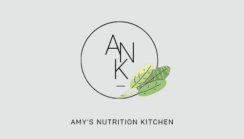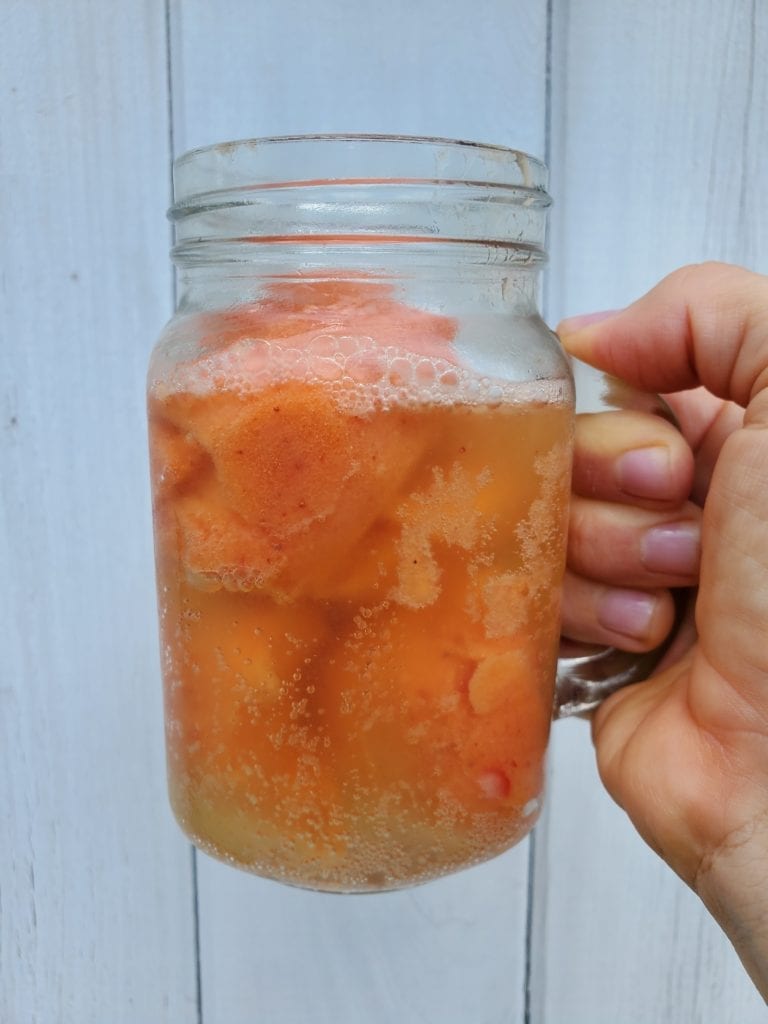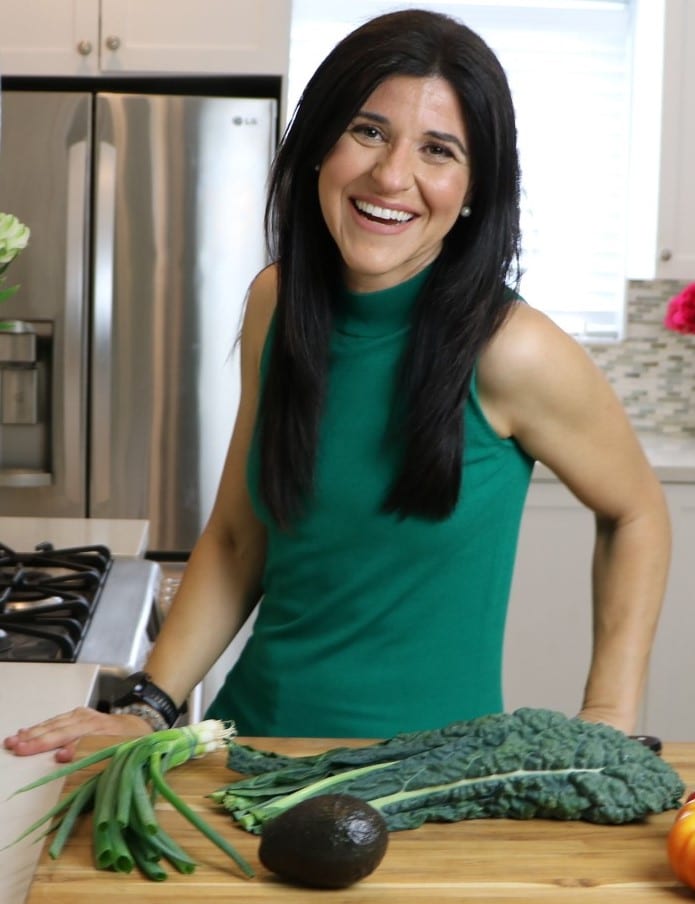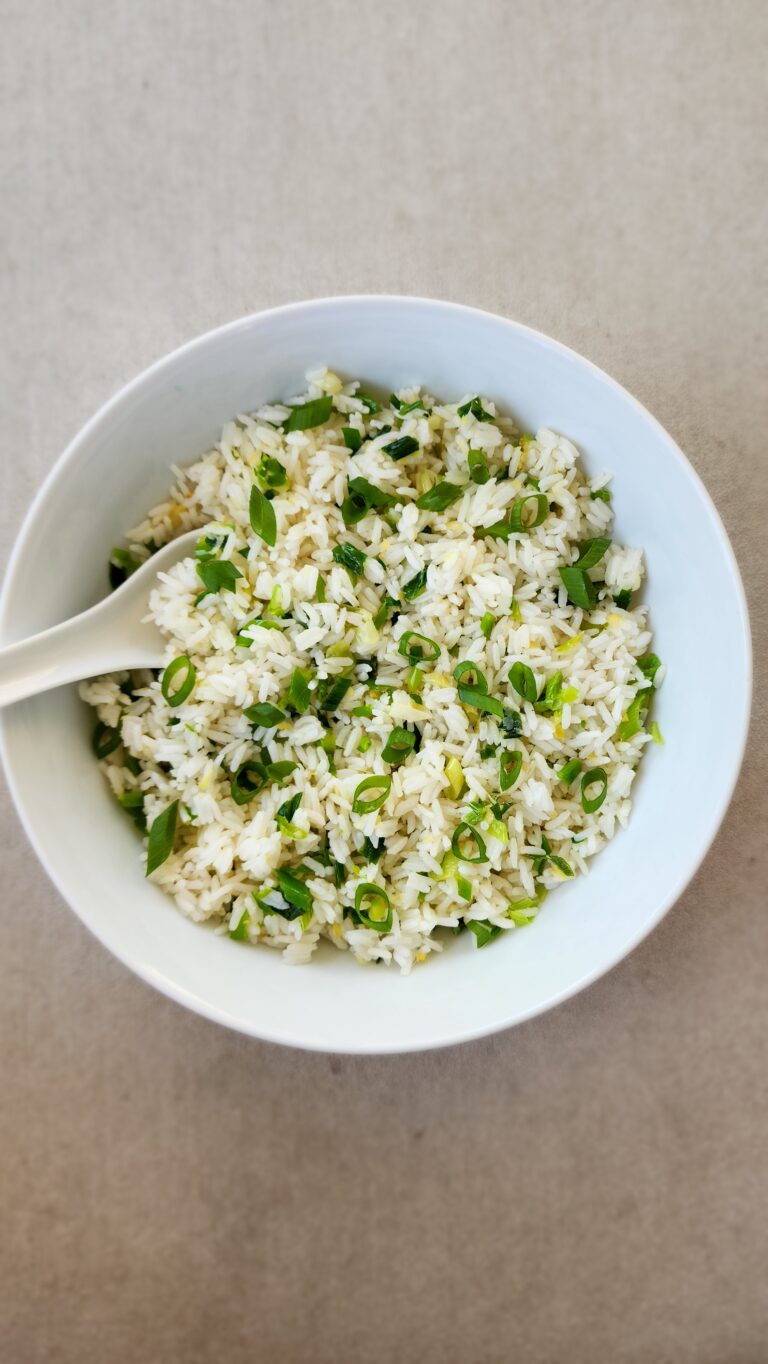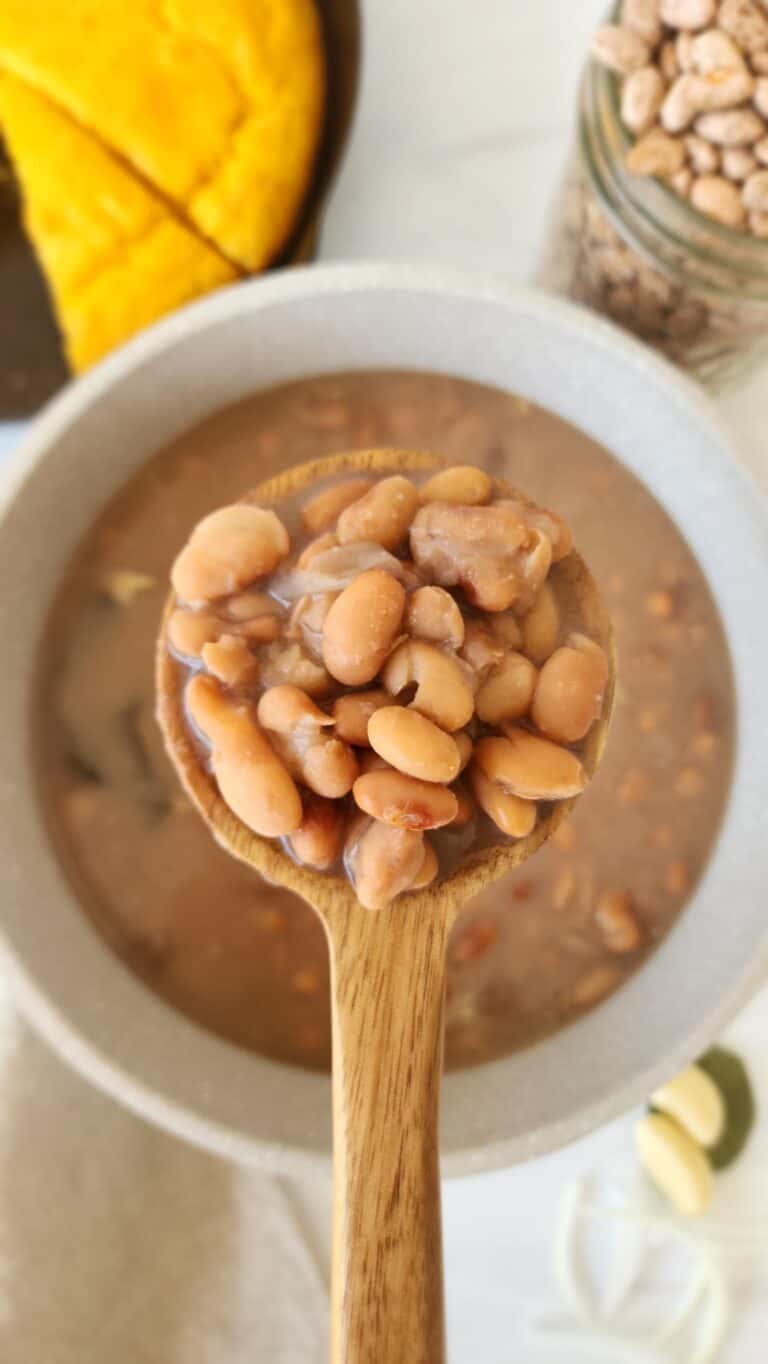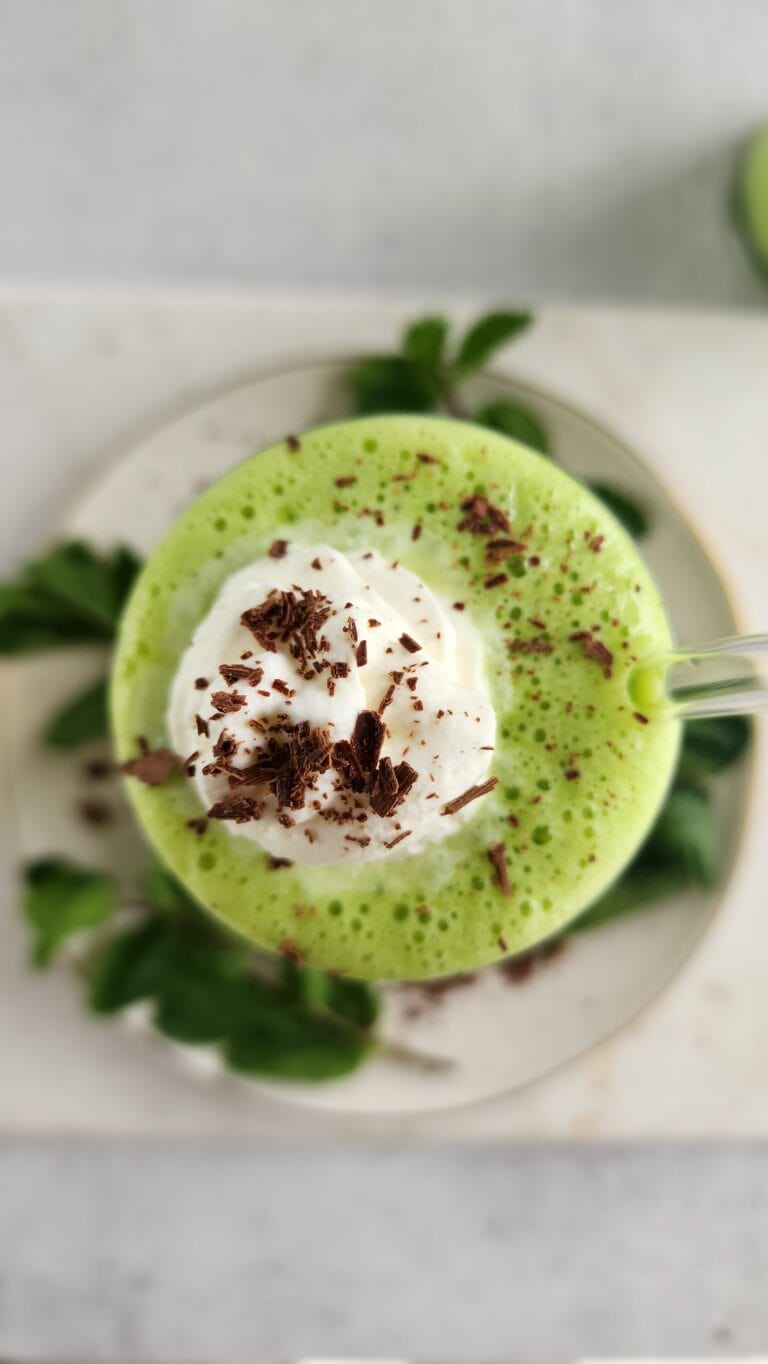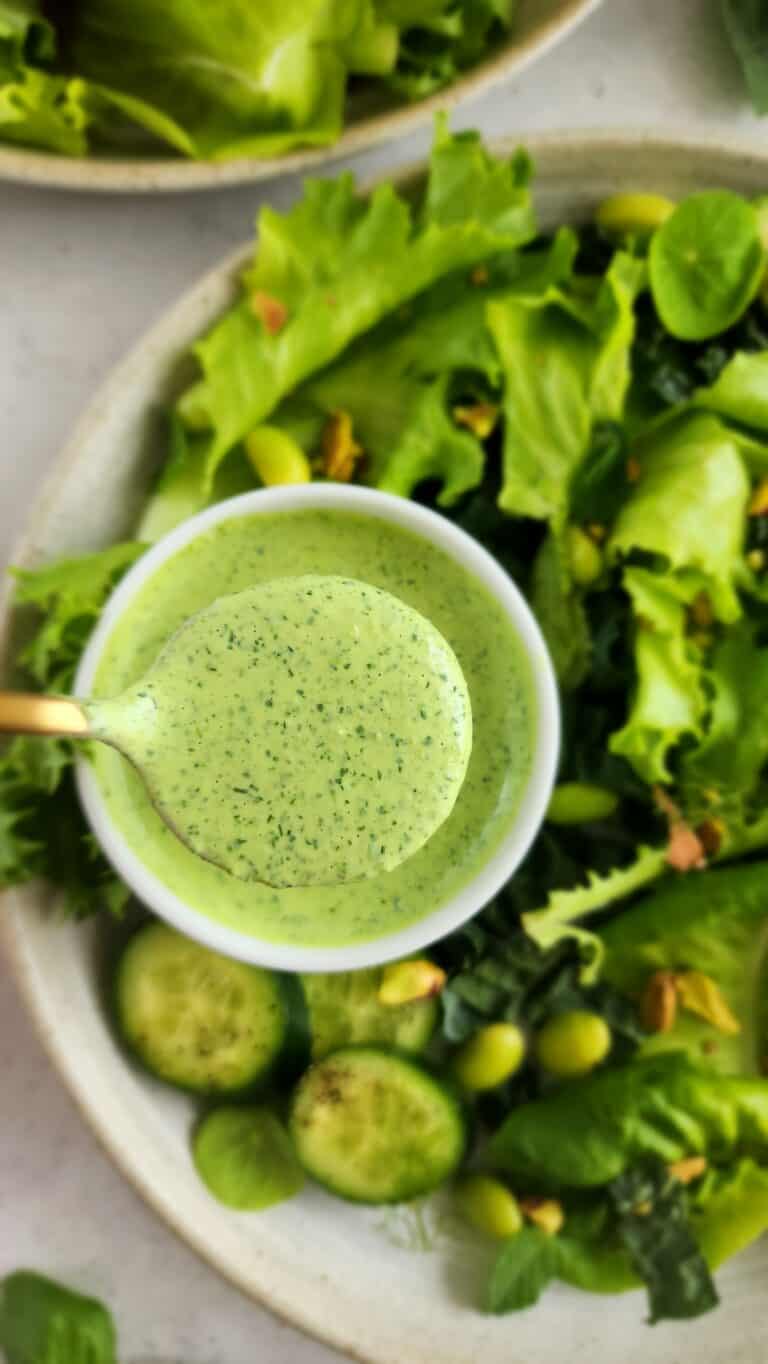Hydration – Summer doesn’t officially begin until June 20th. However, in the last week or so, here in Miami you can feel the heat and humidity. I run early morning, 5 am, and it’s quite sticky and humid even at that time of day. So, let’s suffice it to say it’s summatime! And with summer comes the topic of hydration.
Staying hydrated is fundamentally important to a successful summer exercise regimen, or any activity for that matter. Your body is like a machine and it needs the fuel in order to function at a higher capacity.
Let the engine run dry and well, you know the drill. So what are the recommendations that experts tell us? The key is to determine your individual fluid needs and learn to develop a hydration strategy based on those needs. How much water do we need to drink? The “8-glass a day” recommendation, is it really true?
With the summertime, how does alcohol fit in with hydration? There will be barbecues and holiday celebrations and alcohol is definitely part of the mix.
Exercise and hydration – what should I be drinking to improve my workouts?
Water itself is a simple substance, containing just one part oxygen and two parts hydrogen. Yet every body cell, tissue, and organ, and almost every life-sustaining body process needs water to function. Water transports nutrients and oxygen to your body cells and carries waste products away. It moistens body tissues – mouth, eyes, and nose. Water is the main part of every body fluid – blood, gastric (stomach) juice, saliva, and urine. Water helps prevent constipation (by softening stools) and it helps cushion your joints. Water, bottom line, is a critical and essential nutrient.
How much is enough?
The oft-repeated recommendation for eight, 8-ounce glasses of water each day = 64 ounces, or about 2 liters, daily. However, more specific guidelines from the Institute of Medicine (IOM) and the US National Academy of Sciences, suggest you should be drinking more – the food that we eat does help contribute to this total as you’ll see. The experts state that healthy adults, between the age of 31 and 70, living in temperate climates (not the summer in Miami), should consume the following amounts:
- Men: 125 ounces (3.7 liters) of water from all dietary sources – including drinking water, tea, coffee, and food
- Women: 91 ounces (2.7 liters) of water per day from all dietary sources
Approximately 80% of our water intake comes from drinking water and other beverages, and the other 20% comes from food. Assuming these percentages are accurate for most of us, the recommended amount would be ~9 cups for women and 12.5 cups for men. Just like nutrition recommendations are individualized, these recommendations are made for the average population. Keep in mind that specific needs and conditions will vary. I’d be honest in saying, check your urine. Our bodies are unique and amazing organisms, if we’d only listen to them. Yes, thirst can indicate (in some) the need for fluids, but in some it indicates you’re already dehydrated. When all else fails, check your urine.
As you can see from the chart above, “1,2, and 3” are well hydrated – pale yellow, almost clear. Certain vitamins and foods (beets) can alter the color of urine, but in general this is a general guideline to use to help determine hydration status. When my patients ask me what they should be drinking, the answer is always water and more water. Yes, I know people think water might be boring, but try some infused waters to jazz it up. Get in the habit.
Alcohol – In regards to hydration, keep in mind that alcohol has a diuretic effect and promotes water loss, too. This is important to consider while at the summer barbecues and holiday celebrations. A good rule of thumb is when having one alcoholic beverage make the next one nonalcoholic – this allows your body to process the alcohol you’ve already consumed. It’s always important to know how to pace yourself with alcohol. Know your limits and be mindful when drinking. A nice cold beer may taste great in the moment and perpetuate the thought that more is better – but realize the after effects that come along with over consuming. The general rule is to hydrate with 10 ounces of water for each ounce of liquor/4 ounces wine/8 ounces beer. You’ll feel better in the morning and thank me J (I’ll cover alcohol in another blog in regards to weight loss – today’s focus was simply on the role that alcohol plays in hydration).
Exercise and Hydration
When you exercise heavily, you lose water and salts in your sweat. Gatorade has an advance over water because it added a number of electrolytes that are lost in sweat. Sports drinks are packed with the electrolytes potassium, magnesium, calcium, and sodium to provide energy during intense workouts –as well as competitors such as Powerade, All Sport, and Accelerade.
Take a swig of an electrolyte drink, and you make sure your body doesn’t overheat. You also give yourself an energy source – one that only serious athletes need. For people engaging in exercise in a hot environment an electrolyte replacer can be a lifesaver. Electrolyte drinks provide the body with fuel in the right quantities, so you don’t get an upset stomach. And the carbohydrates, sodium, and potassium, help move fluid more quickly out of the body and into the muscles, where it needs to be during exercise.
Read the label to determine which sports drink is best for you. Ideally, it will provide around 14 grams of carbohydrates, 28 mg of potassium, and 100 mg of sodium per 8-ounce serving. The drink’s carbohydrate should come from glucose, sucrose, and/or fructose – all of which are easily and quickly absorbed. It shouldn’t be carbonated, as the bubbles can lead to an upset stomach.
It’s important to drink plenty of liquids before, during, and after the activity. A good guideline to use when preparing for an outdoor workout is to drink about two cups of fluid two hours before the activity. That helps make sure you’re well-hydrated before you ever go outdoors.
Then, during the activity, try to drink 4-6 ounces every 15-20 minutes to keep your muscles well-hydrated. Drink something every 15 to 20 minutes, if possible. Since that’s not possible in all sports, you may have to drink more before you exercise, so you have enough in your body. Don’t try something new before competition. That can be a recipe for disaster! The body needs to get used to new fluids, so do it really, really, gradually. (Think of that laxative effect and I’m sure you won’t go overboard for fear of the aftermath.)
Last, drink up after you’re finished with your exercise. If you really want to be precise, weigh yourself before you start exercising and again when you’re finished. For each pound of water weight you lose, drink 20 ounces of fluid.
So there it is. A few tips to help you hydrate during the summer and all year long. Get ready for this summer time heat and stay hydrated – water doesn’t have to be boring!
